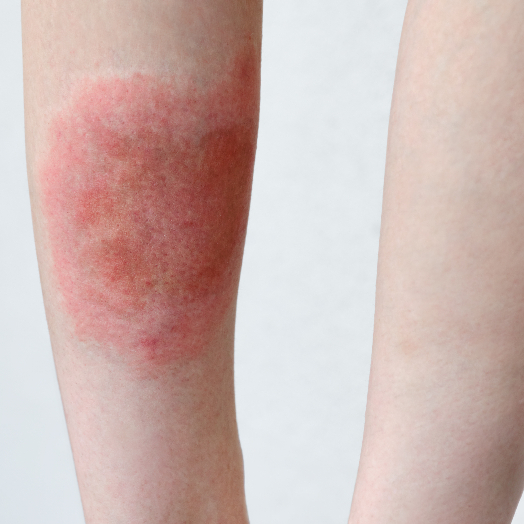
Symptoms of lupus can vary but commonly include:
Diagnosis of lupus typically involves blood tests to evaluate for specific antibodies and signs of inflammation, as well as imaging studies to evaluate organ involvement. A skin biopsy may also be necessary to evaluate skin rashes.
Treatment of lupus aims to reduce inflammation and prevent damage to organs. This may include medications such as corticosteroids or immunosuppressants, which can help to suppress the immune system and reduce inflammation. Lifestyle changes, such as avoiding sunlight and quitting smoking, can also help to manage symptoms and prevent flare-ups.
With appropriate treatment, most people with lupus can manage their symptoms and prevent complications. However, ongoing monitoring and management are necessary to prevent recurrence and long-term complications.